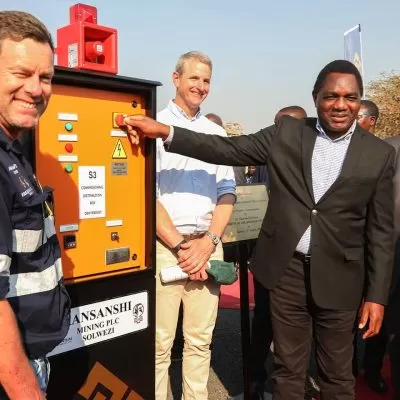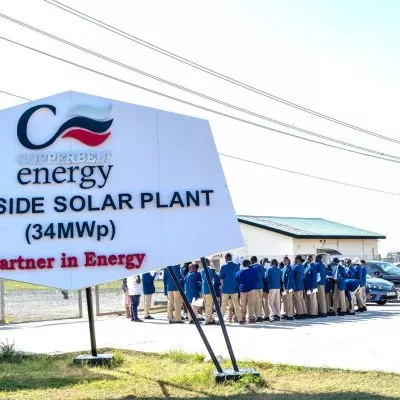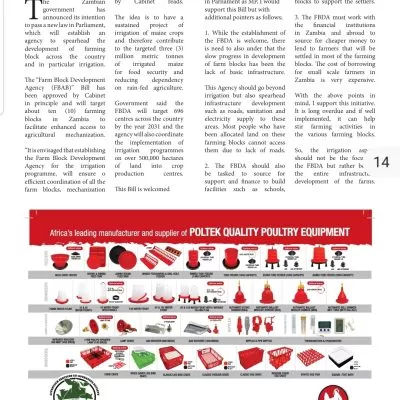By John Chola
LUFWANYAMA – 14/01/2025 – Lufwanyama District, known for its fertile soils and favorable rainfall patterns, boasts over 55,000 registered farmers.
However, a glaring disparity threatens its agricultural productivity: only a fraction of these farmers benefit from government farming input support.
Out of the over 55,000 farmers, just over 10,000 receive assistance, leaving more than 40,000 to fend for themselves in a district reliant on agriculture for sustenance and economic growth.
This shortfall has drawn the attention of civic leaders and government officials, who have made a passionate appeal to stakeholders like Grizzly Mining Limited to step in and bridge the gap.
Speaking when Grizzly Mining Limited handed over Armyworms pesticides to Lufwanyama District Commissioner on behalf farmers, Katembula Ward Councillor Edward Kapandula praised Grizzly Mining for its annual provision of pesticides to farmers but urged the company to expand its support to include fertilizers and seeds.
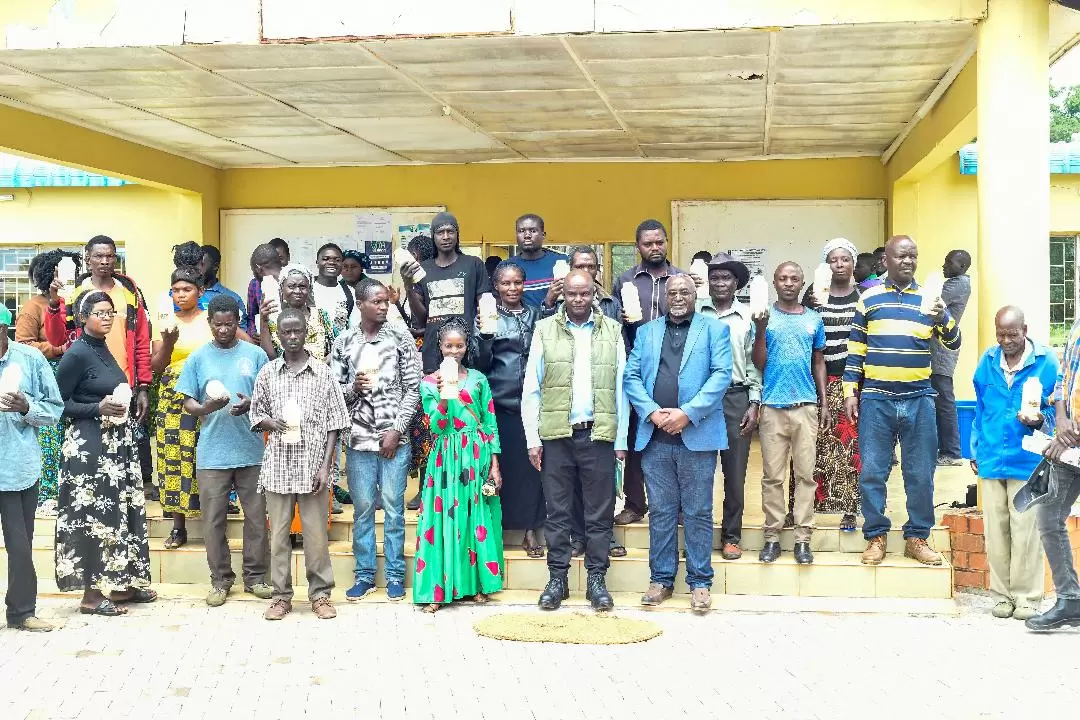
“Lufwanyama is a farming district, and the majority of our people depend on agriculture for their livelihoods. If stakeholders like Grizzly Mining could extend their support with other critical inputs especially fertilizer and seed as a way of complementing the government, we could increase productivity and ensure food security in the region and nation at large,” Kapandula said.
Katembula Ward, home to the district administration, is the nerve center of Lufwanyama.
Kapandula emphasised the district’s potential as a breadbasket for the Copperbelt Province, stating that despite its conducive climate, the limited farming inputs have hindered the district’s capacity to fully realize its agricultural potential.
A drop in the Ocean
District Commissioner Justin Mwalika echoed Kapandula’s sentiments, acknowledging the critical shortfall.
“We received 10,340 packs of farming inputs under the Farmer Input Support Program (FISP) and an additional 2,000 packs from community development. Even when combined, this is far from adequate for a district with over 55,000 farmers,” lamented Mwalika.
Mwalika highlighted the need for increased involvement from both the government and private sector stakeholders emulating Grizzly Mining Limited.
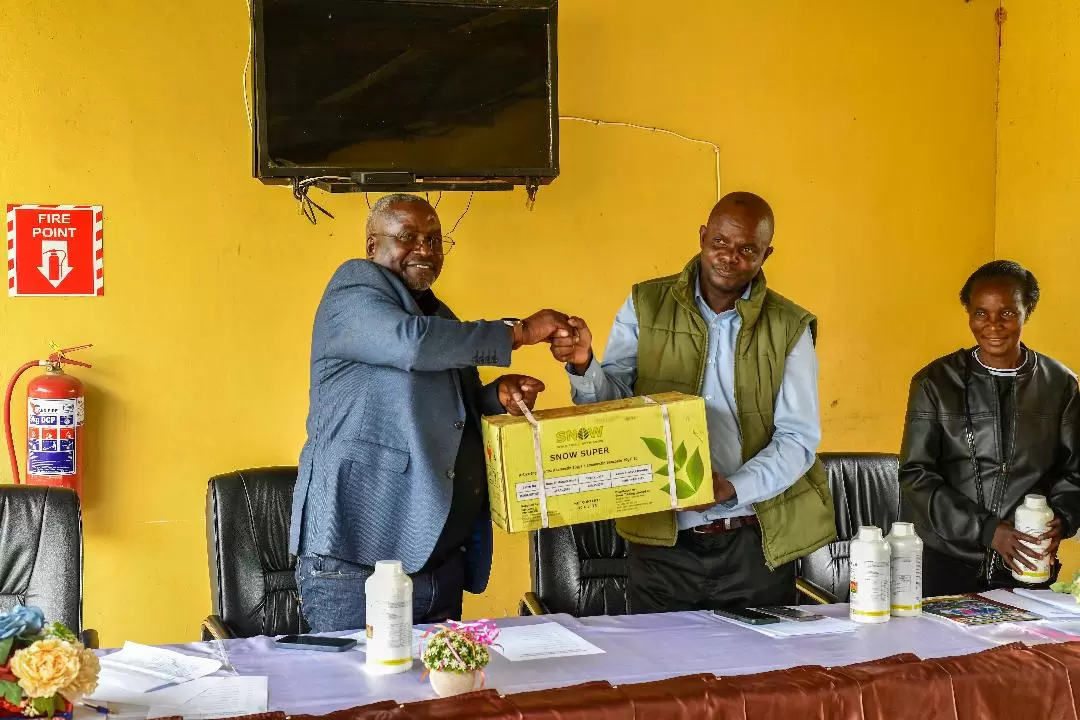
“If more organizations and NGOs could emulate Grizzly Mining’s support, we could significantly boost agricultural production. Lufwanyama contributes significantly to the food supply for urban areas in the Copperbelt, and we have the potential to do even more,” he added.
Sharing inputs: A symptom of inequity
The limited input support has forced farmers to share what little they receive, a practice that violates government guidelines but is seen as a necessary evil.
“Farmers are left with no choice but to share the inputs, which compromises productivity. This calls for a review of input allocation policies and increased stakeholder support,” Kapandula remarked.
Civic leaders have also called for a more equitable distribution of farming inputs across districts.
“It is disheartening that urban areas like Kitwe and Ndola receive more inputs than rural districts like Lufwanyama, where agriculture is the primary livelihood. This imbalance must be addressed,” Kapandula said.
A Path Forward
Despite the challenges, Lufwanyama has demonstrated resilience as even in years of erratic rainfall, farmers have managed to produce sufficient maize for local consumption and sale to the Food Reserve Agency.
This underscores the district’s potential to contribute to national food security if adequately supported.
To sustain and enhance agricultural productivity, Mwalika emphasized, stakeholders must act.
Grizzly Mining, already a vital partner, is being urged to expand its support.


